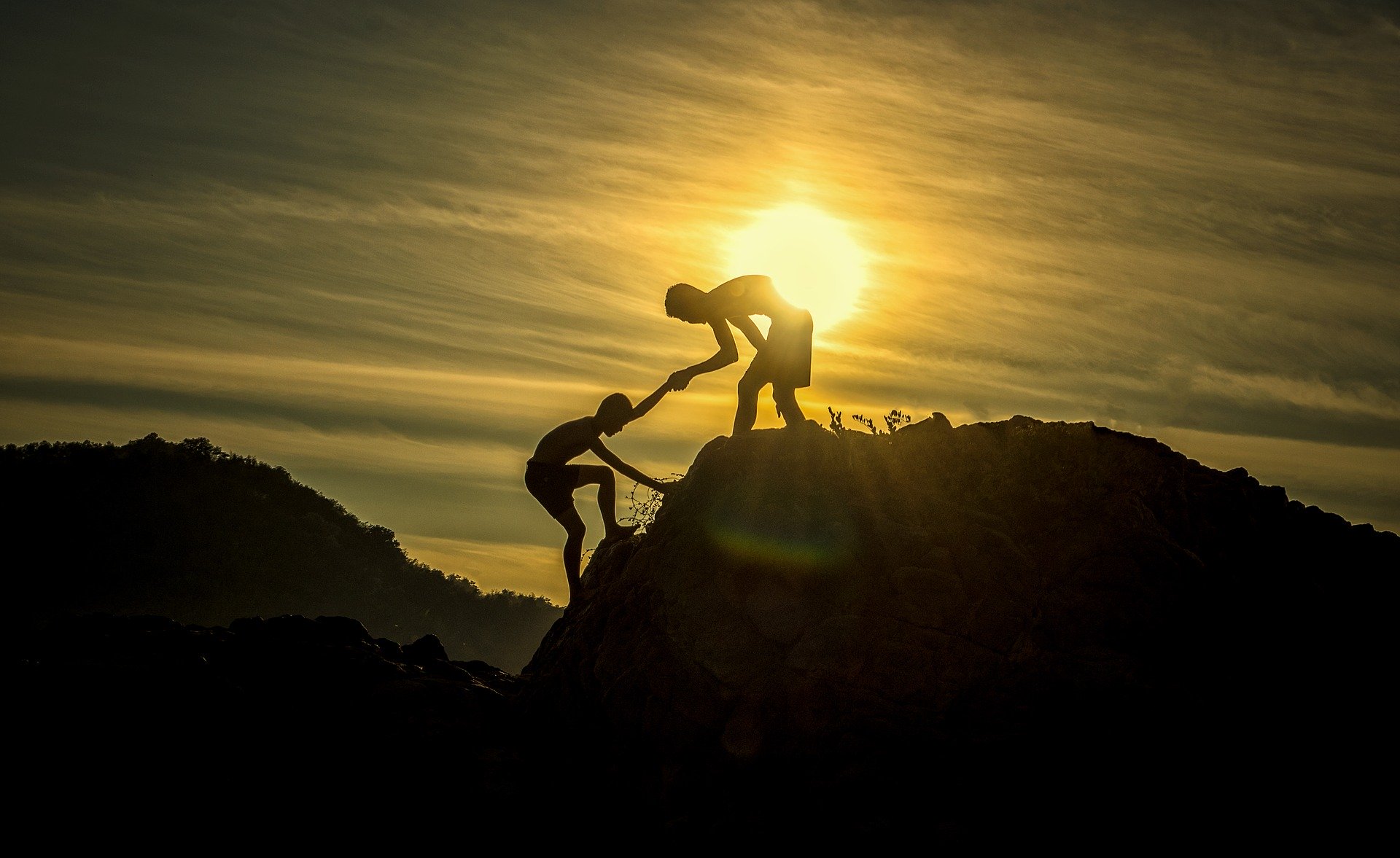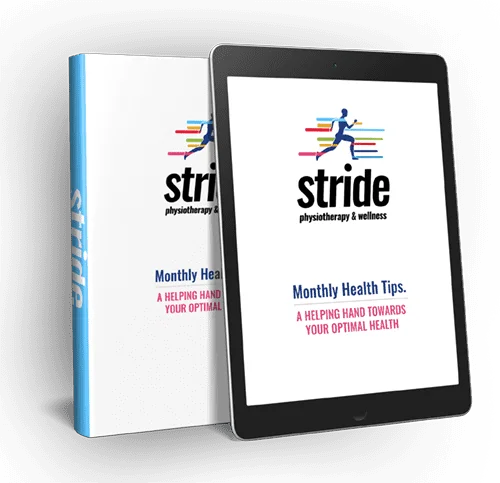Injury Recovery: Overcoming Mental Barriers
By: Morgan Schultz, Athletic Therapist
On the morning of my competition, I woke up excited. I was preparing to run the Spartan Race with three of my friends, and my family was heading to Red Deer to cheer us on. The sun was shining, too. All in all, it was looking like it was going to be a beautiful day. Within the blink of an eye, everything changed.
About a kilometre into the race, on the third obstacle, I encountered some water. I stood on the bank, looking into the water. I was analyzing where to take off and where to safely land on the other side. It was immediately after making that decision, that my life changed. I jumped, landed wrong, heard a snap, and then I was off to the emergency room.
Fast forward after one surgery, three months on a knee scooter, a second surgery, and my rehabilitation process. I am now able to reflect on how my injury was never truly physically difficult. In contrast, it was mentally anguishing.
Today is all about injury recovery and getting past mental barriers that hold us back. I experienced the 3 P’s and this is how I pushed through.
Injury Recovery: Pride
I quickly became needy. That’s what it felt like, anyways. I had to rely on the people in my life to help me, even with simple tasks. “Who honestly can’t carry their own coffee cup?” This kind of question went through my mind constantly. I felt helpless. It took me a long time before I realized that it was okay to need the help. It took me until I related my feelings to a patient of mine that I finally accepted this dependency. That patient also went through an injury, one much more serious than mine, and it took his freedom away. So, it’s okay. It’s okay if you need help, whether it’s to ask a friend to carry your groceries after you broke your foot, or you need to learn how to walk again at the age of 65. It is important to remember that it’s okay. Pride can take a back seat so we can accept the help given to us.
Injury Recovery: Perseverance
This is where I talk about the rehabilitation part of my injury. I always tell my athlete patients that an injury is an opportunity to come back even stronger than before. It was finally time to practice what I preached. If it wasn’t for the sake of preserving rapport with my patients, I wouldn’t have pushed myself to get back to an active lifestyle as quickly as I did. I believe that everyone has at least one person in their life who embodies a quality that inspires others. It was that exact reason that motivated me to have a strong recovery. I wanted to relay this message of action to my patients. Above all else, you are the decision maker, and you have autonomy over your injury recovery.
Injury Recovery: Patience
I learned the meaning of “patience is a virtue” immediately after my injury. I quickly required a capacity to have to tolerate the delay or troubling nature of tasks without getting angry and upset. In saying that, there were definitely days I got mad. For example… walking. I was not allowed to put weight on my foot for three months. I got mad every single time I needed to get from point A to point B. In order to get through this frustration, I simply had to trust the process. Trust my surgeon and his orders. Trust that everything happens for a reason and trust that perhaps, in a way, this was just meant to slow me down.
In Conclusion
It’s important to remember that regardless of what kind of hardship you are going through, my case being a physical injury, you are allowed to feel any emotion that comes along with it. This is because trauma is not unique, but instead unique as to how the individual perceives it.
If you need help, reach out by calling or booking an appointment. It’s okay. We’re in this together.




